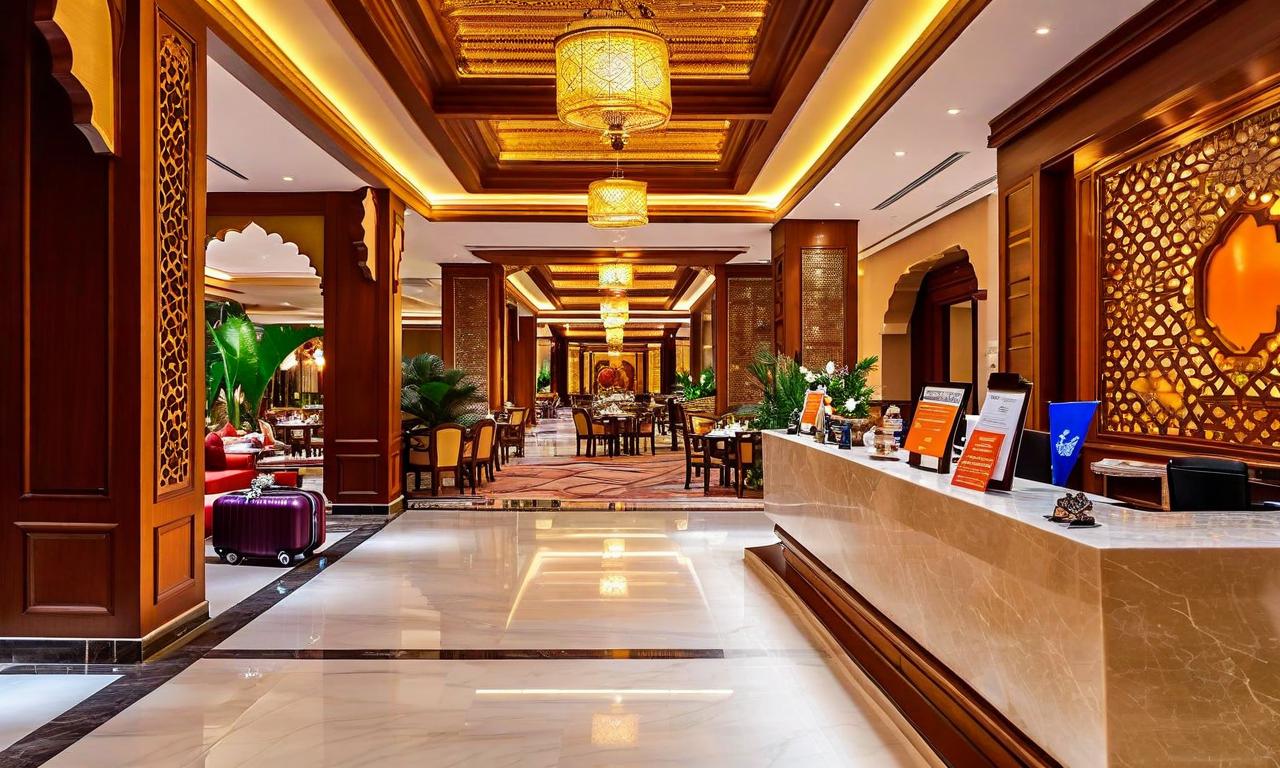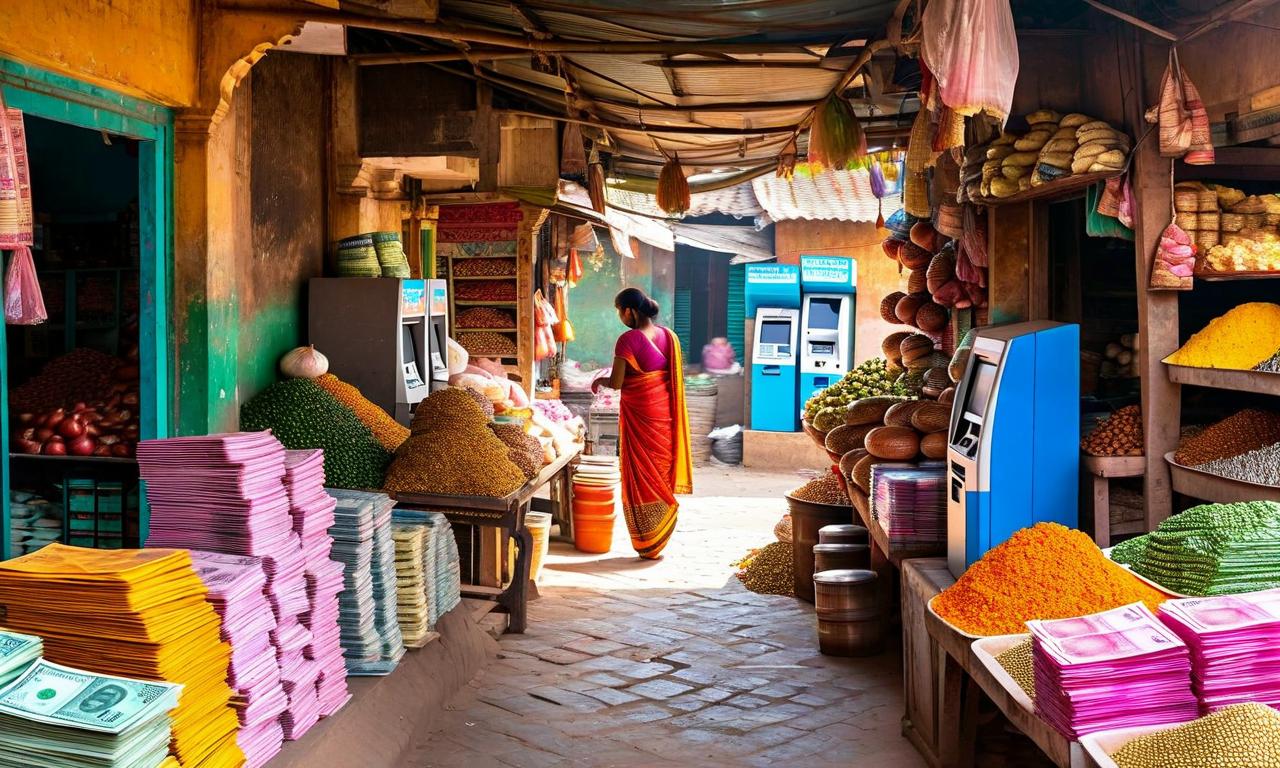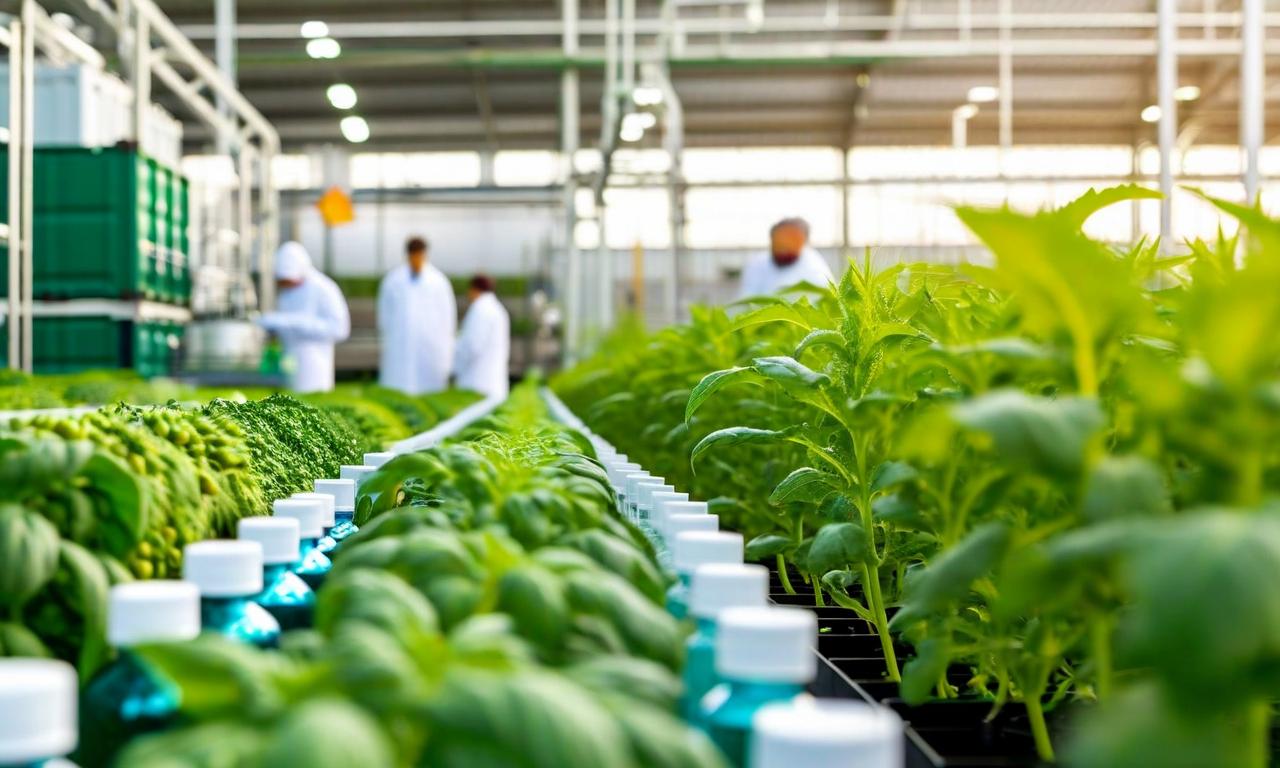FHRAI Urges Finance Minister for Comprehensive GST Reforms in Hospitality Sector
The Federation of Hotel & Restaurant Associations of India (FHRAI) has submitted a comprehensive representation to Finance Minister Nirmala Sitharaman, proposing key GST reforms for the hospitality sector. The proposals include regularizing past GST dues, restoring Input Tax Credit benefits, revising the tariff threshold from ₹7,500 to ₹12,500, reclassifying hotel rooms as 'plant and machinery' for credit eligibility, and delinking restaurant GST rates from hotel room tariffs. FHRAI's research suggests these reforms could potentially increase annual GST collections by over ₹4,000 crore.

*this image is generated using AI for illustrative purposes only.
The Federation of Hotel & Restaurant Associations of India (FHRAI) has taken a significant step towards addressing long-standing GST-related issues in the hospitality sector. In a recent move, the association has submitted a comprehensive representation to Finance Minister Nirmala Sitharaman, outlining key areas for GST reforms that could potentially reshape the tax landscape for hotels and restaurants across India.
Key Proposals by FHRAI
1. Regularization of Past GST Dues
- Addressing interpretational disputes since GST implementation in 2017
- Focus on 'declared tariff' versus 'transaction value' discrepancies
- Tackling inflated rates from online travel agencies
2. Restoration of Input Tax Credit (ITC) Benefits
- Current scenario: Hotels with room tariffs below ₹7,500 face 5% GST without ITC
- Proposal: Restore ITC benefits to reduce operational costs
3. Revision of Tariff Threshold
- Current threshold: ₹7,500
- Proposed threshold: ₹12,500
- Aim: Provide more flexibility in pricing, especially during high-demand periods
4. Reclassification of Hotel Rooms
- Proposal: Recognize hotel rooms as 'plant and machinery' for credit eligibility
5. Delinking Restaurant GST Rates from Hotel Room Tariffs
- Current system: Restaurant GST rates linked to hotel room tariffs
- Proposal: Allow all hotel-based restaurants to choose between:
- 18% GST with ITC
- 5% GST without ITC
- Benefit: Flexibility regardless of room pricing
Potential Impact
According to a study conducted by FHRAI's research center, implementing these reforms, particularly relaxing the ₹7,500 threshold, could have a significant fiscal impact:
| Potential Increase in Annual GST Collections | Over ₹4,000 crore |
|---|
This projected increase is attributed to the additional pricing flexibility that mid-segment hotels would gain during high-demand periods.
Industry Implications
The proposed reforms aim to address several pain points in the hospitality sector:
Operational Cost Reduction: Restoration of ITC benefits could significantly lower operational expenses for hotels, especially in the mid-segment.
Pricing Flexibility: Raising the tariff threshold to ₹12,500 would allow hotels to adjust their pricing more dynamically, particularly during peak seasons.
Simplified Tax Structure: Delinking restaurant GST rates from hotel room tariffs would create a more uniform and flexible tax environment for hotel-based eateries.
Past Dispute Resolution: Regularization of past GST dues could help resolve long-standing conflicts between the industry and tax authorities.
These proposed changes, if implemented, could potentially lead to a more robust and competitive hospitality sector in India. The FHRAI's proactive approach in presenting these reforms demonstrates the industry's commitment to working with the government to create a more favorable business environment while potentially increasing tax revenues.
As the hospitality sector awaits the Finance Ministry's response, these proposals could mark a significant turning point in the GST framework for hotels and restaurants across the country.



























